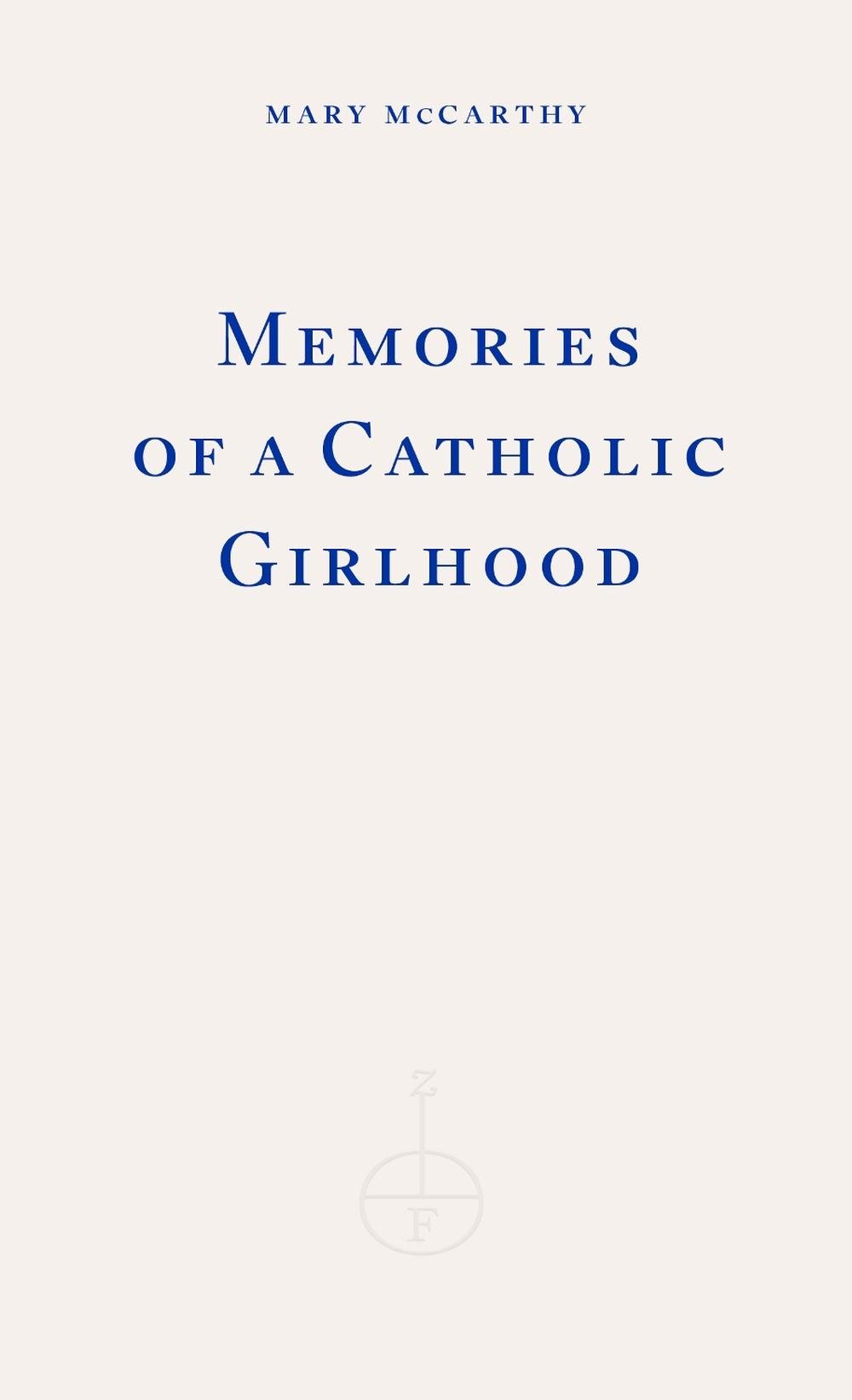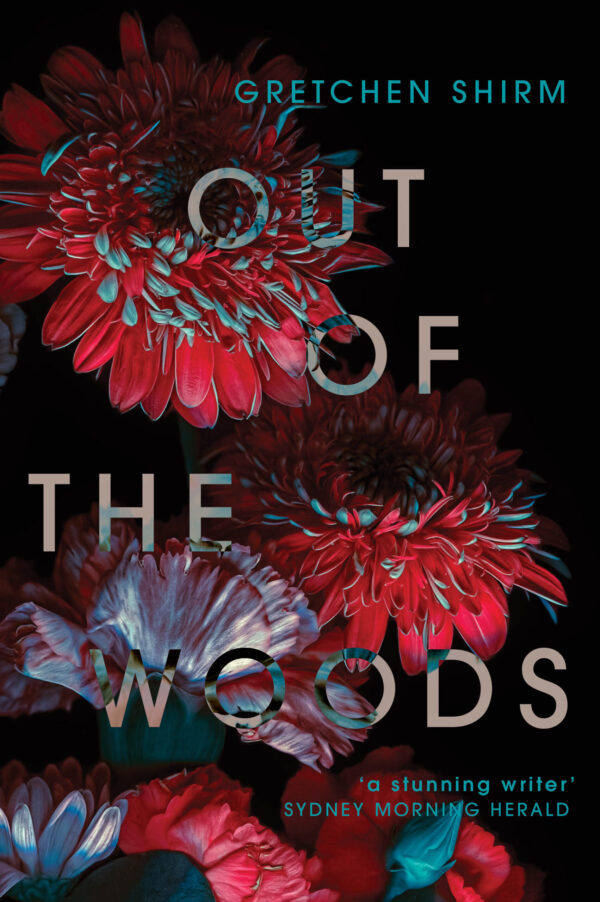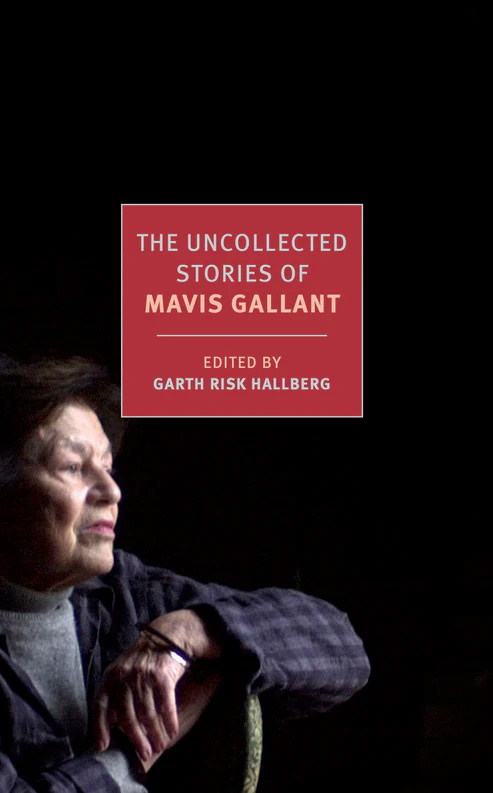News from the Editor's Desk
Reference vision
By year’s end, it’s not easy to become giddy-headed about our daily cache of new publications, but one book from Cambridge University Press that turned our heads is The Encyclopedia of Australian Architecture, edited by Philip Goad and Julie Willis. Immense in scale and conception – with 200 contributors, 500 images, and 1000 entries – this will be an indispensable reference for anyone interested in our built environment. The design, by W.H. Chong (our esteemed cover artist), is elegant, inviting, and unostentatious.
At the impressive launch held at the Melbourne Museum (four speakers, all succinct and cogent: possibly a record), Philip Goad rightly congratulated Cambridge on its ‘vision’. It is not ubiquitous these days, and some traditional reference publishers have all but vacated the field. Popular fiction, celebrity memoirs, cookery books, have their embossed place, but a publishing era is defined by its major reference projects.
Apropos which, Advances lives in hope that Oxford University Press will eventually commission a third edition of The Oxford Companion to Australian Literature. Why stop at 1992, when the second edition did? Quite a lot has happened since then.
Pushing and staring
Virginia Woolf’s criticism – now fully collected in a six-volume edition from the Hogarth Press (originally edited by Andrew McNeillie, now by Stuart N. Clarke) – constitutes a major part of her oeuvre. Her review work, especially in the early years, was impressively vast. In 1918, for instance, she wrote forty-three reviews and essays, most of them for the Times Literary Supplement (anonymously, of course). Even in Woolf’s latter years – when her renown as a novelist was enormous and when the likelihood of a Nazi invasion exacerbated her ever-delicate mental health – Woolf went on writing for periodicals. In 1939 she agreed to write about royalty for Picture Post (‘by way of a sop to our income & our liabilities’, she noted in her gimlet-eyed diary). Embarrassingly for the magazine’s Editor (who happened to be a Hogarth Press author), Picture Post declined to publish the article because of its mildly controversial nature.
During the recent royal tour, Advances recalled an earlier essay by Woolf, also titled ‘Royalty’ (1934), and returned to it as if for clean air. ‘Can we go on bowing and curtseying to people who are just like ourselves?’ Woolf asked. ‘Are we not already a little ashamed of the pushing and the staring …’
Woolf had some dry things to say about Queen Victoria’s prose, but they are much too treasonous to be reprinted here. She wondered how the House of Windsor would look in 2034. ‘Will Buckingham Palace look as solid then as it does now? Words are dangerous things let us remember. A republic might be brought into being by a poem.’
The Essays of Virginia Woolf, Volume 6, 1933–1941 (available from Random House, $85) completes this magnificent scholarly project, mandatory reading for any young critic, republican or not. If the Editor ever deigned to ask Advances to nominate his ‘Books of the Year’, it would top his list.
Nip and tuck
To combat Australia’s stagnant book trade, Melbourne publisher Scribe has announced that the default size of its paperbacks will shrink from the familiar C format to the B+ format – or by twenty millimetres on all sides. The decision will save costs on printing and (importantly given the competition from offshore online booksellers not subject to GST) postage. The trimming will enable titles to sell for under $30, while not dematerialising altogether – unlike the first of Scribe’s eBook-only publications: Journalism at the Crossroads, by Margaret Simons.
Poetry galore
When entries closed for the eighth Peter Porter Poetry Prize late last month, we had received about 600 entries – our biggest field yet. Judging is now under way. We will publish the shortlisted poems in the March 2012 issue, and the winner, who will receive $4000, will be named in April.
Special gift offer – $59.95
We’re feeling exceptionally generous as we near the end of our fiftieth birthday year. We invite our current subscribers to give a gift subscription to the print edition at the special rate of $59.95 per year. This represents a saving of 40 per cent off the cover price – and 25 per cent off the normal subscription rate ($80). Make someone very happy this Christmas! To arrange this gift call us on (03) 9429 6700 or download the special form from our website.
Farewell to 2011
In our fiftieth birthday year, 236 writers and reviewers from all around the country – and some overseas – have contributed to ABR. We thank all of them. This is one of two double issues we publish each year. We’ll be back in February. The office will remain open for business throughout the summer. Best wishes from everyone at ABR.
CONTENTS: DECEMBER 2011–JANUARY 2012










Leave a comment
If you are an ABR subscriber, you will need to sign in to post a comment.
If you have forgotten your sign in details, or if you receive an error message when trying to submit your comment, please email your comment (and the name of the article to which it relates) to ABR Comments. We will review your comment and, subject to approval, we will post it under your name.
Please note that all comments must be approved by ABR and comply with our Terms & Conditions.